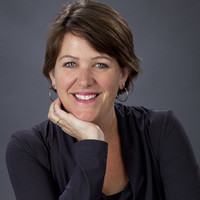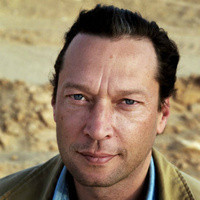Douglas Rushkoff in conversation with Genesis Breyer P-Orridge
"Jaye and I decided we didn’t want to have children. But we still got that urge to blend, to merge and become one. I think the heart of a lot of the romance in couples, whatever kind of couple they are, is that they want to both just be each other, to consume each other with passion. So we wanted to represent that. First we did it by dressing alike. Then we started to do minor alterations to our bodies. Then we decided that we would try as hard as we could to actually look like each other in order to strengthen and solidify that urge."























